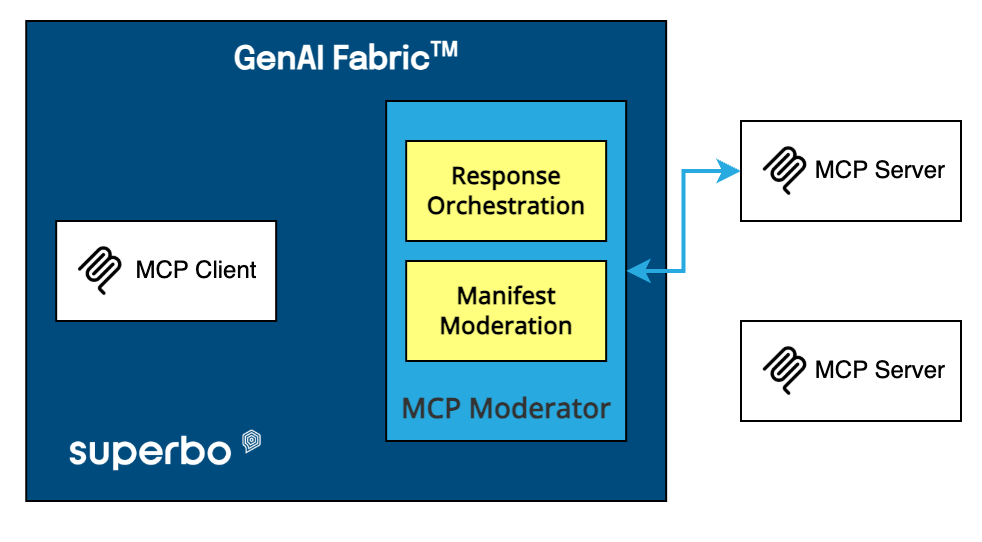In today’s fast-paced digital world, artificial intelligence is no longer a futuristic concept—it’s transforming the way businesses operate.
From chatbots that provide instant customer support to copilots that streamline complex tasks, the realm of Generative AI (GenAI) is expanding at an unprecedented rate. For business executives striving to maintain a competitive edge, keeping up with these rapid advancements can be daunting.
This article aims to demystify “GenAI Apps,” exploring the various types available and what it takes to build these cutting-edge tools.
Join us as we navigate the dynamic landscape of GenAI and uncover how these innovative applications are reshaping industries.
The Four Types of GenAI Apps (aka LLM Apps)
Type 1: Chatbots and Conversational Agents:
Chatbots and conversational agents have significantly advanced with the development of LLMs such as ChatGPT and Lambda.
These AI applications facilitate human-like conversations and are utilized in various fields, from customer service to virtual selling assistants.
While earlier models were limited to rule-based approaches, modern LLMs enable open-domain conversations, enhancing user interactions.
Traditional chatbot components, such as handling NLP tasks, can now be managed by LLMs. LLMs are revolutionizing traditional natural language processing (NLP) tasks, most of the times specialized models in named entity recognition, sentiment analysis, and data extraction.
By using LLMs, chatbot vendors can achieve state-of-the-art results in converting unstructured data to structured formats and performing coreference resolution. The flexibility and adaptability of LLMs allow them to handle various NLP tasks with superior accuracy and efficiency, eliminating the need for separate models.
Type 2: Copilots and Duets
Inspired by Microsoft and Google, Copilots and Duets serve as intelligent assistants in digital environments, helping users achieve goals more efficiently. These applications fall into two main types:
- Those embedded in software to assist with specific tasks, benefiting from extensive user data. Examples include using GenAI to help automate RFP proposal scoring and proposal summarization, HR CV screening and matching to published job descriptions, and so on.
- Educational apps that guide learning experiences, for example, for employee onboarding.
Copilots enhance productivity and learning by personalizing user interactions based on data and user behavior.
Type 3: Adding a Conversational Interface to Traditional Systems
Chat with Data or Retrieval-Augmented Generation (RAG) has coined the phrase: “Chat with PDFs”. Moreover, with GenAI, we can create a real Conversational Interface (CI) for legacy systems as well, such as CRM, ERP, Reporting, and so on. Conversation is the most natural Human-to-Machine interface, and we are now in a position to enjoy it. CI applications leverage LLMs for natural language interaction with large datasets or complex systems by using their APIs and providing quick access to information. These apps enable users to query databases or documents conversationally.
Type 4: Autonomous Agents:
Autonomous agents use LLMs for automation, reasoning, and decision-making without human intervention. These modular agents perform specific tasks, employing techniques like self-reflection and recursive improvement to enhance their output. Although they require cutting-edge models for complex reasoning, autonomous agents offer significant growth potential for startups. By focusing on specialized reasoning tasks, developers can harness LLMs to build intelligent systems capable of executing tasks independently and efficiently.
Superbo Advantage
Superbo’s Conversational Integration Framework, along with the cutting-edge Superbo GenAI Fabric, enables the creation of all types of GenAI Apps, ensuring an one-stop shop for all your GenAI App needs.
Contact us for more details at [email protected]







